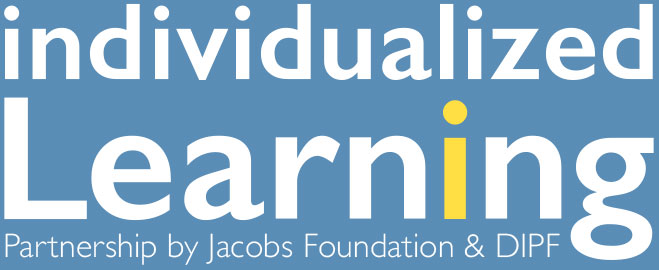
Dr. Maria Theobald
Academic Staff Post-Doc
Individualized Interventions Lab
+49 (0)69-24708-451
m.theobald@dipf.de
Project: PREDICT
Selected Publication
Theobald, M., Colantonio, J., Bascandziev, I., Bonawitz, E. & Brod, G. (2024). Do reflection prompts promote children’s conflict monitoring and revision of misconceptions? Child Development.
Theobald, M., Bäulke, L., Bellhäuser, H., Breitwieser, J., Mattes, B., Brod, G., Daumiller,M., Dresel, M., Liborius, P., & Nückles, M. (2023). A Multi-Study Examination of Intra-Individual Feedback Loops Between Competence and Value Beliefs, Procrastination, and Goal Achievement. Contemporary Educational Psychology.
Bellhäuser, H., Dignath, C., & Theobald, M. (2023). Daily automated feedback enhances self-regulated learning: a longitudinal randomized field experiment. Frontiers in Psychology.
Colantonio, J., Bascandziev, I., Theobald, M., Brod, G., & Bonawitz, E. (2023). Seeing the error in my “Bayes”: A quantified degree of belief change correlates with children’s pupillary surprise responses following explicit predictions. Entropy.
Brod, G., Greve, A., Jolles, D., Theobald, M., & Galeano-Keiner, E.M. (2022). Explicitly predicting outcomes enhances learning of expectancy-violating information. Psychonomic Bulletin & Review.
Theobald, M., Breitwieser, J., & Brod, G. (2022). Test anxiety does not predict exam performance when knowledge is controlled for: strong evidence against the interference hypothesis of test anxiety. Psychological Science.
Theobald, M., Galeano-Keiner, E., & Brod, G. (2022). Predicting vs. guessing: The role of confidence for pupillometric markers of curiosity and surprise. Cognition and Emotio.
Theobald, M., Bellhäuser, H., Nückles, M. (2021). Inside self-regulated learning – measuring and predicting intraindividual and interindividual variation in self-regulated learning over time. Zeitschrift für Entwicklungspsychologie und Pädagogische Psychologie.
Theobald, M., Brod, G. (2021). Tackling scientific misconceptions: the element of surprise. Child Development.
Theobald, M., Breitwieser, J., Murayama, K., & Brod, G. (2021). Achievement emotions mediate the link between goal failure and goal revision: Evidence from digital learning environments. Computers in Human Behavior.
